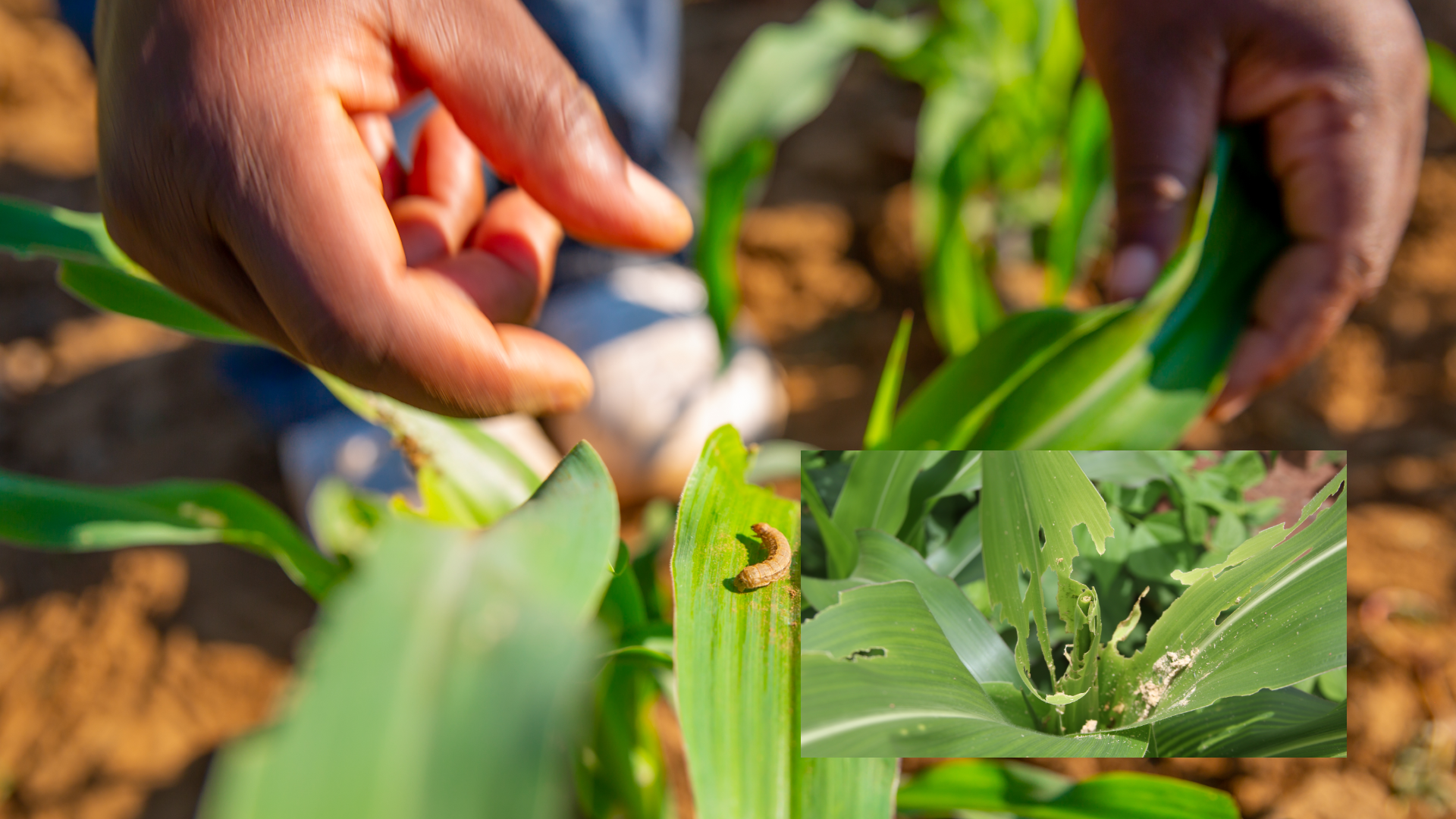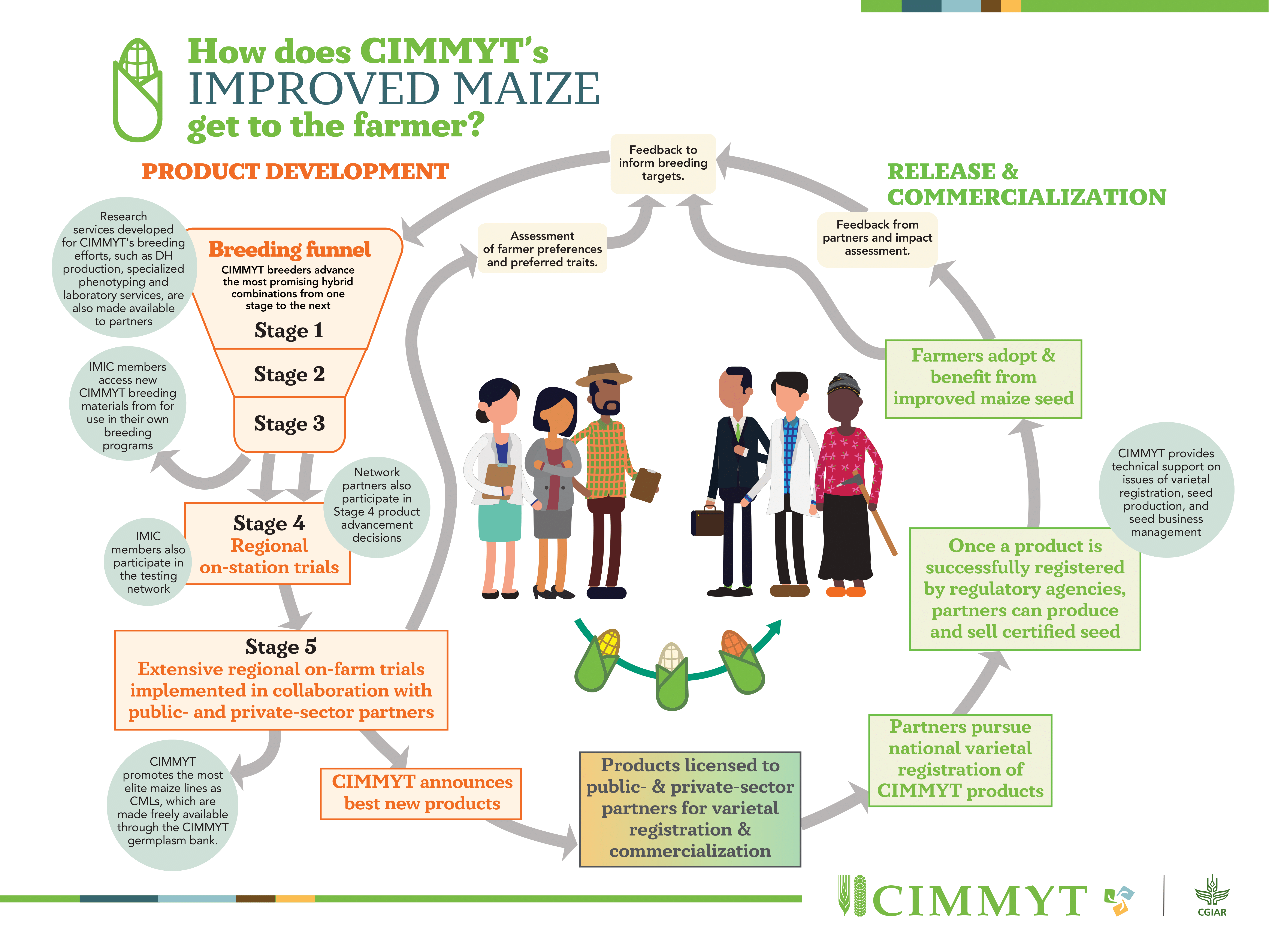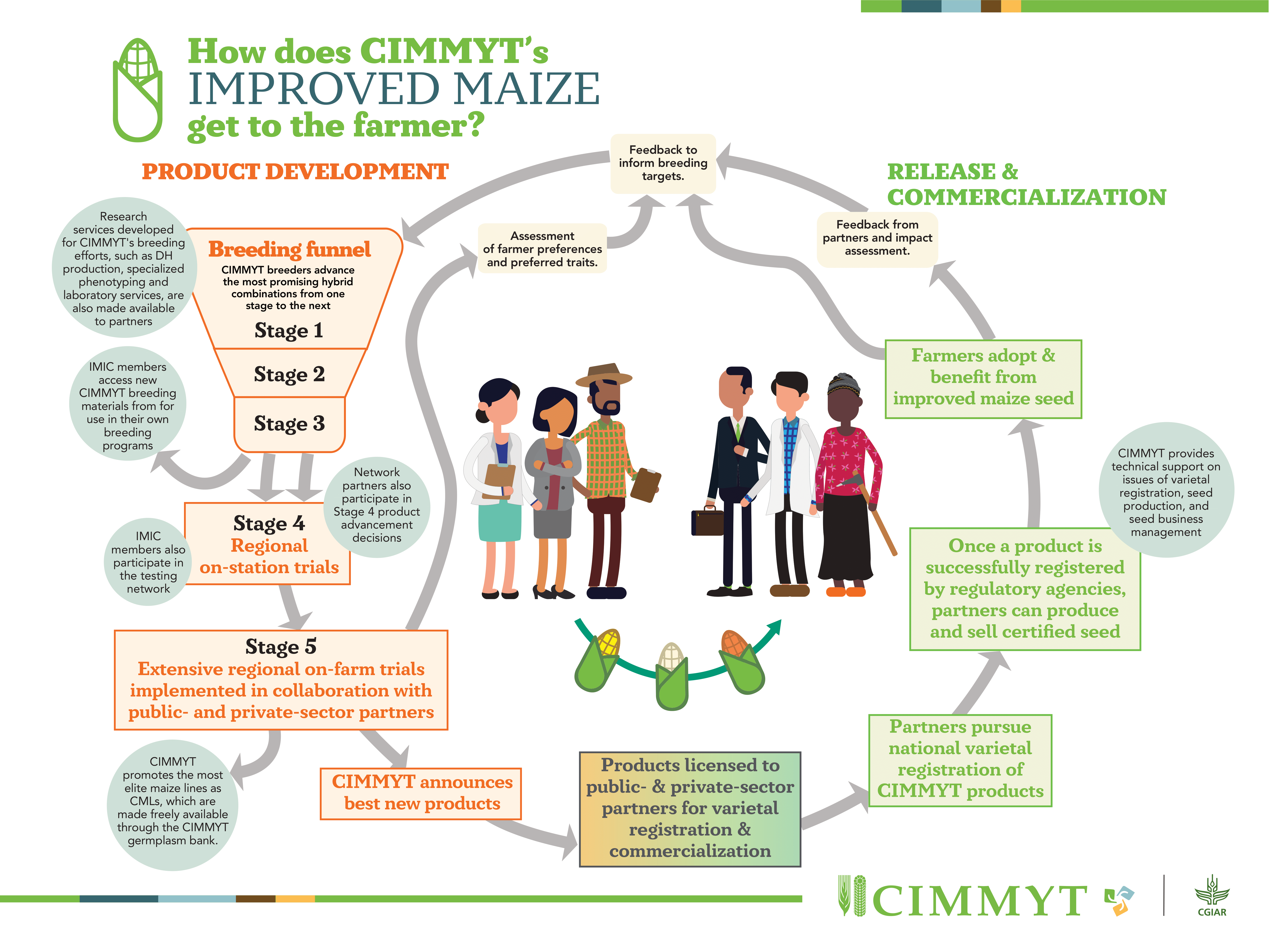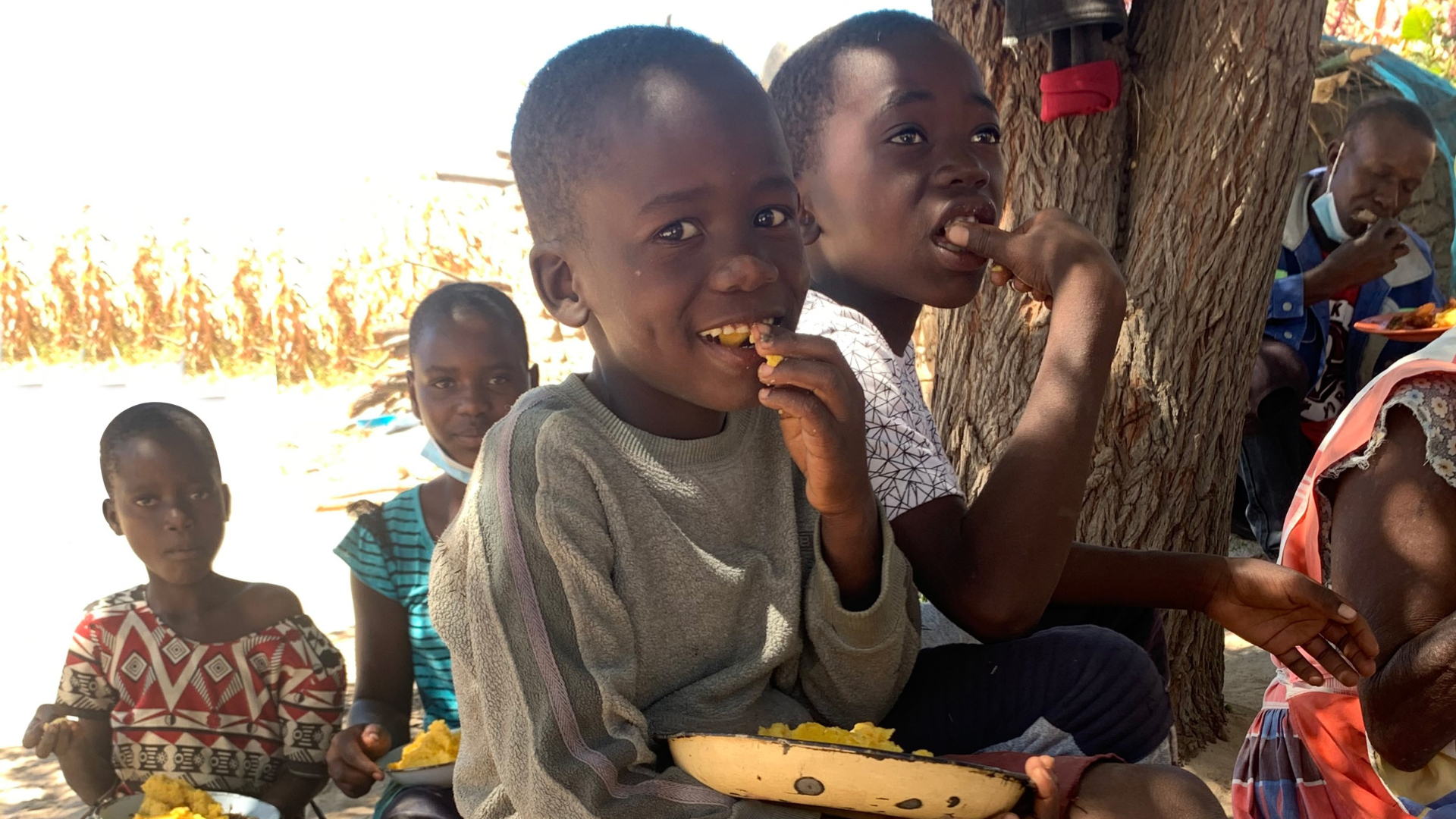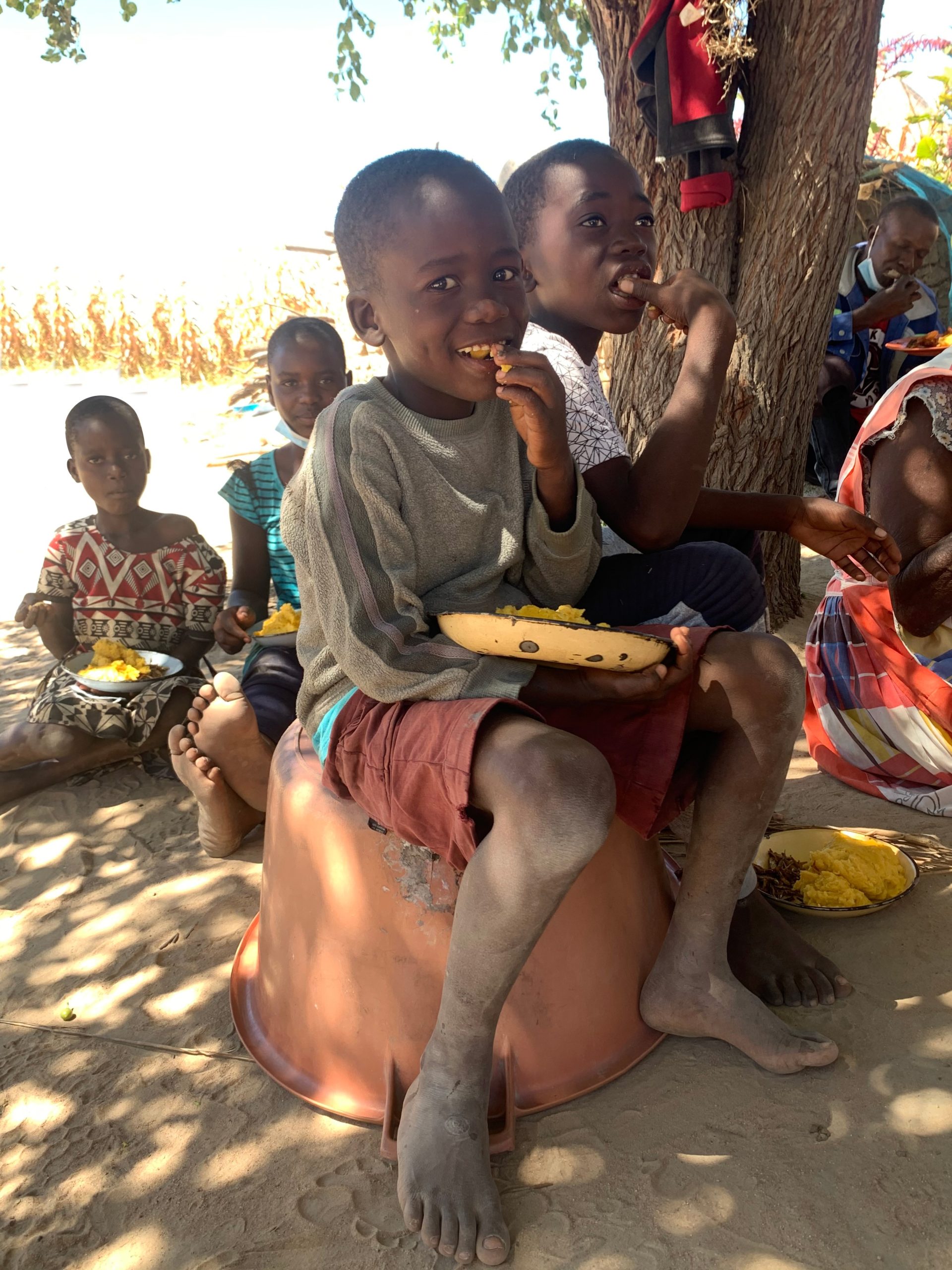When the worm won’t wait: Battling Fall Armyworm with science, seeds and farmer-led solutions
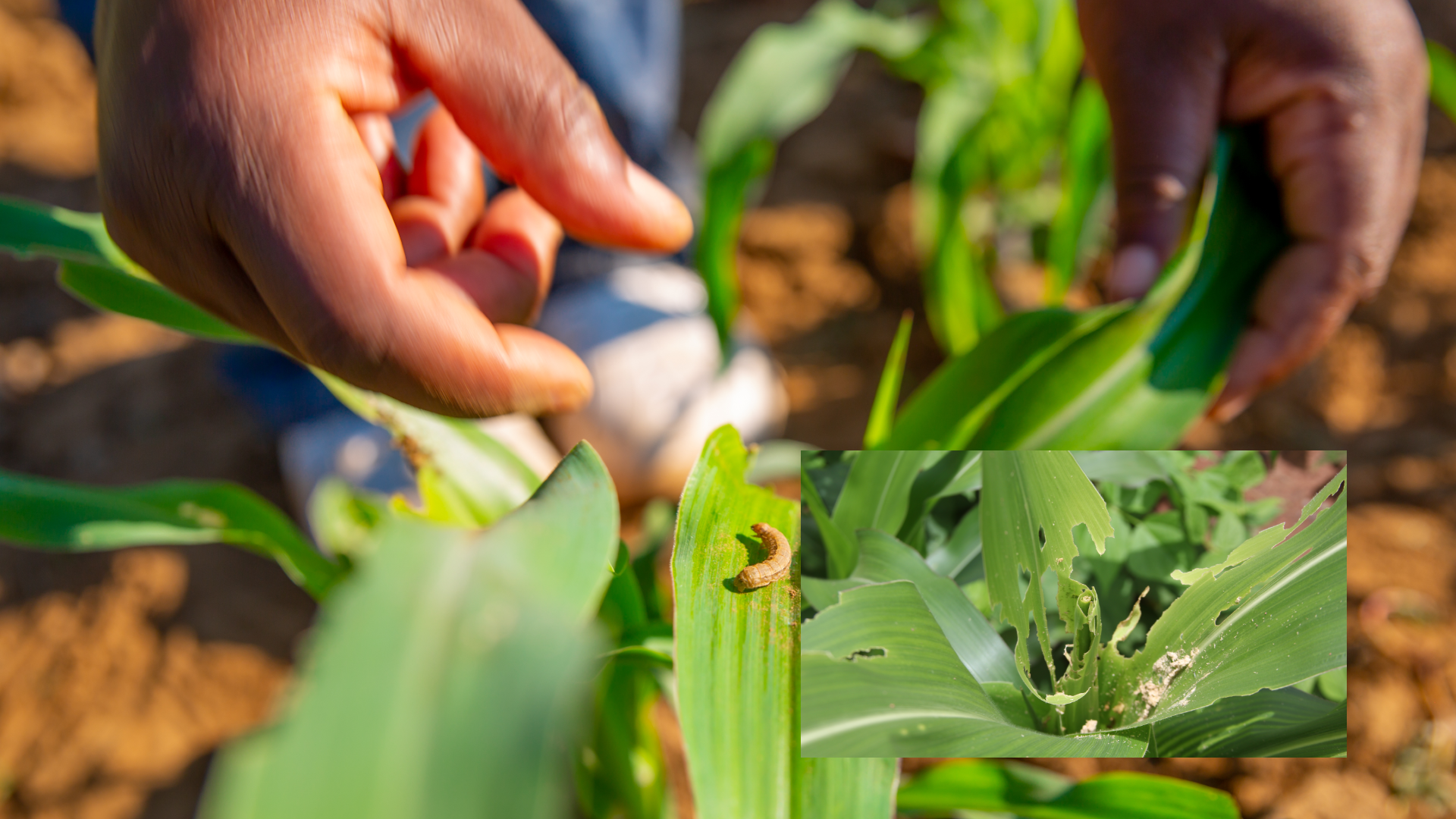
Farmers in southern Africa face a double tragedy: drought in one season or flooded fields in another. Shredded leaves, twisted tassels, and frizzled maize cobs reflect more than just a failed harvest; they signal a deepening threat to food security and livelihoods. Compounding this hardship is the growing threat of pests and diseases, many of which are fuelled by climate change. Chief among them is the fall armyworm (FAW) (Spodoptera frugiperda), an invasive pest that arrived in Africa nearly a decade ago and continues to undermine smallholder farmers’ resilience, devouring crops stalk by stalk.
Maize is central to food security in Zambia and Malawi, where it occupies up to 80% of cultivated land and accounts for over half of the daily calorie intake. In Zambia alone, more than 90% of smallholder households grow maize, underscoring its economic and political weight. Yet, in recent years, farmers have had to contend with losses not just from erratic rainfall and poor soils, but from pests and diseases that seem to multiply with each season.
A recent CIMMYT-led study across 1,100 farming households in Malawi and Zambia, as part of the Southern African Accelerated Innovation Delivery Initiative (AID-I) Rapid Delivery Hub, highlights the long-recognized challenge of FAW damage. The study confirms that FAW is not only persistent but also costly. During 2023/2024 season, 70% of surveyed farmers reported FAW damage to their maize fields. On average, FAW infestations resulted in a 13.5% to 30% reduction in maize yields, translating to more than 230 kg of lost grain per hectare. Other crops were also heavily affected, with the rosette virus reducing groundnut yields by 27% and soybean rust causing up to 25% losses in soybean fields.
The effects of FAW extend beyond crop harvests. It has also been shown to significantly undermine household income and food security. Although the 2023/2024 losses are slightly lower than earlier estimates, which ranged from 22% to 67% across Africa, they are still substantial enough to affect food security and livelihoods. Furthermore, the combined effects of FAW, rosette disease and rust had large income and food security impacts. Households facing the triple burden of these pests and diseases – FAW, groundnut rosette virus and soybean rust on their three most important crops are twice as likely to experience food insecurity as compared to experiencing just one of these threats.
In response, many farmers are turning to pesticides, improved seeds and crop rotation. However, as the data indicates, pesticides alone are far from being a comprehensive solution. They are often costly, frequently misapplied, and carry significant risks to both human and the environment. Moreover, FAW is increasingly developing resistance to commonly used pesticide formulations. Access to agricultural extension services remains limited: only 27% of surveyed farmers in Zambia and 54% in Malawi reportedly receiving such support. Without proper guidance on when and how to apply pesticides, their misuse can end up doing more harm than good.
These findings highlight a broader challenge: the urgent need for sustainable, science- and data-driven solutions that are practical for farmers. At the core of the response is a new generation of maize hybrids with tolerance to FAW. CIMMYT in collaboration with its partners using conventional breeding has developed new generation of hybrids with native genetic (non-transgenic) tolerance to FAW. The breeding process is complex, requiring years of field testing across diverse agroecological zones to ensure adaptability and performance.
In 2023, three FAW tolerant maize varieties developed by CIMMYT were officially released by the Zambia Agriculture Research Institute (ZARI) and sub-licensed to seed companies for commercialization. With support from AID-I and the CGIAR Sustainable Farming program, CIMMYT and partners are actively promoting these hybrids among smallholder farmers. The AID-I project has provided critical support to accelerate seed production of these hybrids. Zamseed and AfriSeed are leading efforts to bring these varieties to market.
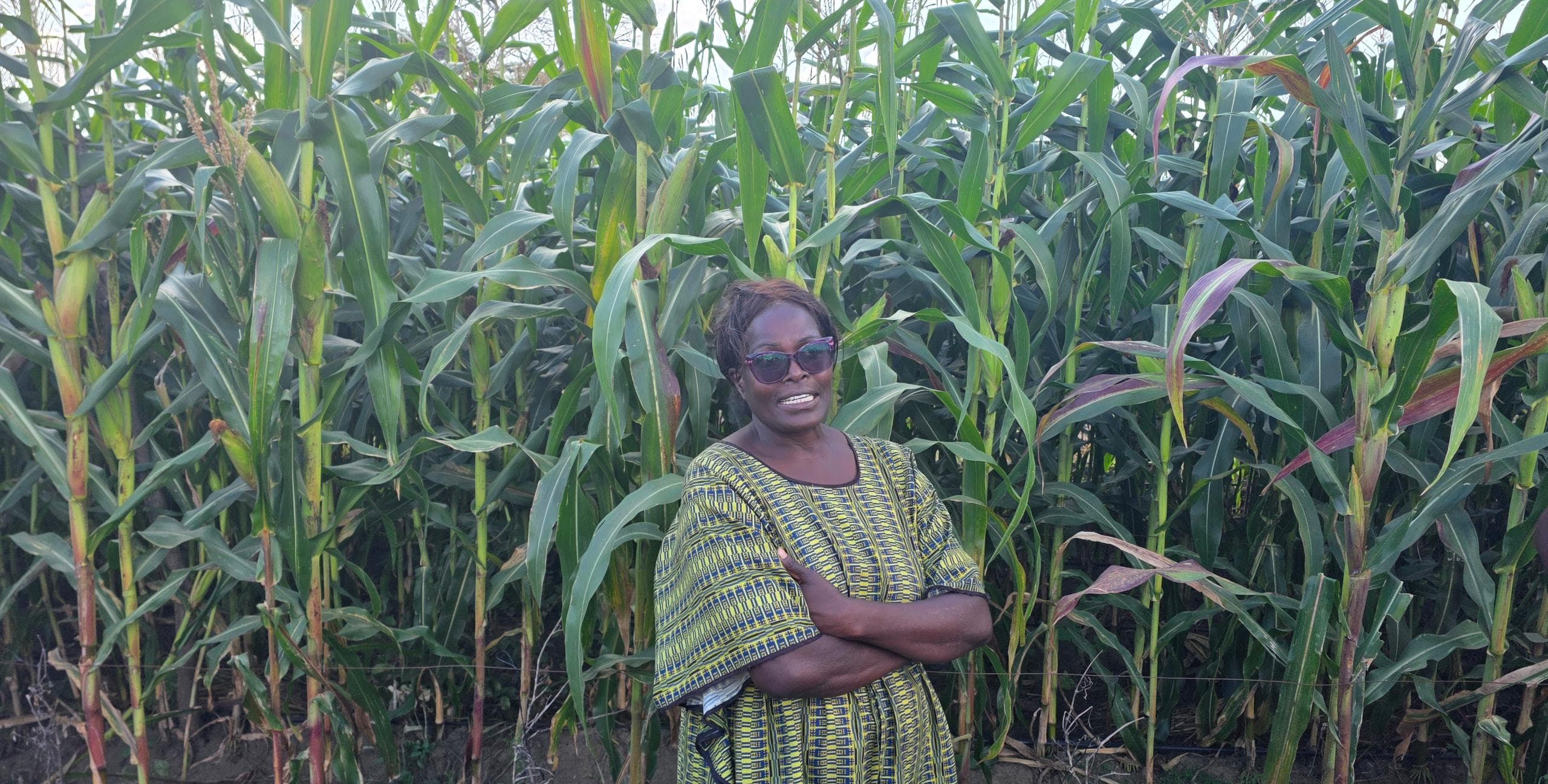
Through the Sustainable Farming program, on-farm trials have been established across three agroecological gradients in Siavonga, Mazabuka, and Mbala districts to test the performance under farmer conditions and understand their impact on farmer outcomes. There are two treatments, which include growing the FAW-tolerant maize variety alone, and intercropping it with other legumes. Rather than assuming a one-size-fits-all solution, CIMMYT is using randomized control trials (RCTs) to assess the real-world performance of these varieties under varying conditions. The goal is not only to validate the science but to build a stronger case for scaling.
In Siavonga, where high temperatures and erratic rainfall create ideal conditions for FAW outbreaks, early results show promising benefits from using FAW-tolerant maize varieties. Preliminary foliar damage assessment indicates significantly reduced infestation levels compared to susceptible varieties. In contrast, the benefits in Mazabuka are less pronounced, while in Mbala – a cooler, higher-altitude location with lower pest pressure- no major gains have yet been observed. These location-specific findings are critical for informing hyperlocal, evidence-based policymaking. Equally important is building awareness and trust among farmers, ensuring they know these improved varieties exist and understand how to grow them applying good agronomic practices. Through AID-I, CIMMYT is working to close that gap, demonstrating the business case for investing in FAW tolerant maize seed to the private sector, and equipping farmers with knowledge that goes beyond what is in the bag.
For example, a survey carried out in Malawi, Tanzania and Zambia revealed that awareness of FAW-tolerant maize varieties remains low, with only 19% of farmers in Malawi, 34% in Tanzania and 39% in Zambia had heard of FAW-tolerant maize varieties. This underscores the urgent need to scale up awareness campaigns and initiatives to stimulate demand. Encouragingly, among the farmers who are aware of these varieties, the majority expressed a willingness to purchase them at prices comparable to those of other hybrid maize varieties. This indicates a strong business case for private sector investment in seed multiplication and distribution to meet potential demand and expand access to FAW-tolerant maize hybrids.
For many farmers in Southern Africa, the FAW remains a persistent threat. However, through science, strong partnerships, and a commitment to field-based evidence, the tide is turning, one trial, one variety, one growing season at a time.
